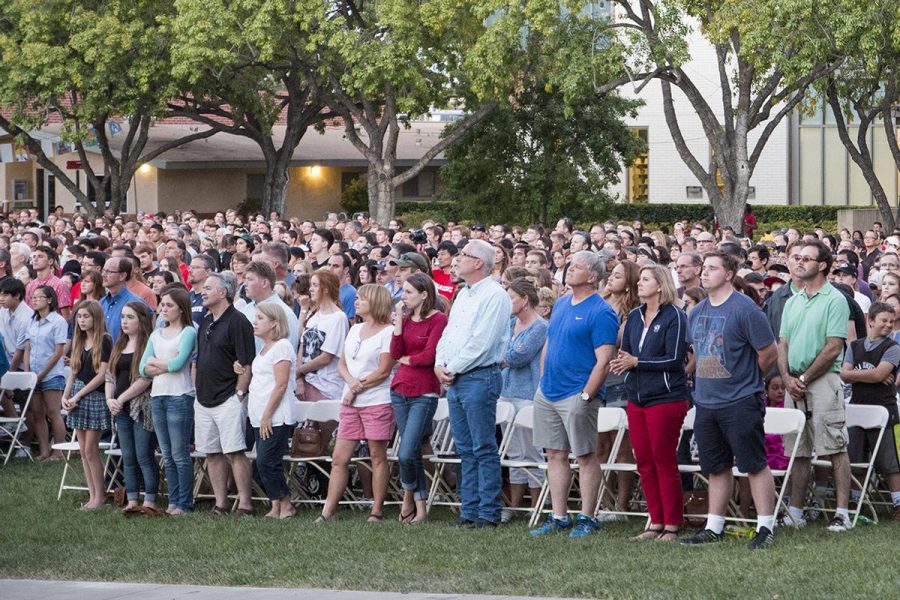Remember heritage to forget racism
Valerie Gamboa considers the importance of valuing one’s heritage.
September 10, 2014

A common misconception leads people to believe all Mexican people hang out with Mexican people, all white people hang out with white people. At Biola, this is incorrect. For a predominantly white school, we have an impressive amount of racial integration.
As a minority student from a Mexican-American background, I was in awe walking into the university. I was blinded by the sheer amount of blonde-haired, colorful-eyed, summer clothes wearing students. Everyone looked ready for the beach.
If you step into Bell you will notice it shares an odd similarity with Biola’s campus. From the outside, Bell looks like a city with a large Latino population. But it also has Arabs, African Americans and people from all over the world centralized in one little town. How do we live together? I do not know. Still, seeing this kind of racial integration was inspiring and was certainly used by God to teach me one very important lesson.
When meeting people, you do not have to play a game of “Where’s Waldo” looking for someone of the same ethnicity as yourself. Instead, the people you decide to befriend usually have a similar class schedule or like the same bands that you do. In that sense, I can sympathize with my peers who lack sensitivity to race. But, I have also found myself asking, “What is your heritage?” or “Where do you come from?” at some point in these kinds of conversations. I do not think I am the only one.
VALUING HERITAGE
One thing I know for certain, I cannot ignore ethnicity, in my own life or in others. Without even trying my ethnicity is something I value, or rather something us minorities are taught to value. Caring deeply for my heritage then, leads me to experience things that others may not.
I have learned to live with the fear of having loved ones taken from me and treated like criminals. Even though they work extremely hard and contribute greatly to America and its economy, they are not allowed in the country. I may not face racism the such an extreme degree but I can understand the pain that people feel when discriminated against because of their race.
I am probably not as active against racism as those who are more directly involved, but I do my best to try to connect my experiences with theirs. I can only hope that I am helping the cause in some way, whether through strong action or a simple prayer.
We live with one another every day. We speak to hundreds of people within the global community at Biola. And we still ignore each other. We ignore a person’s heritage, their most important and beautiful attribute. Racial insensitivity can end here, by seeing one another and putting superficial qualities aside so that we can focus on what really makes up a person. We cannot afford racism, and if we are called to love one another as we love ourselves, we must love fully and completely.







